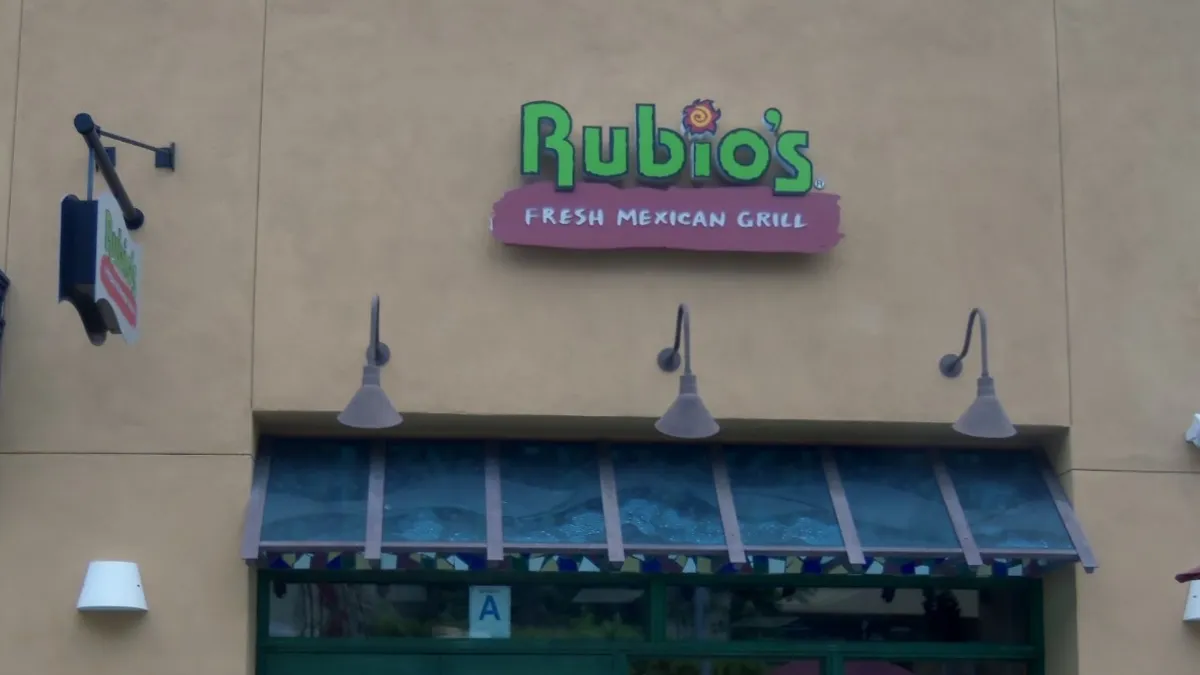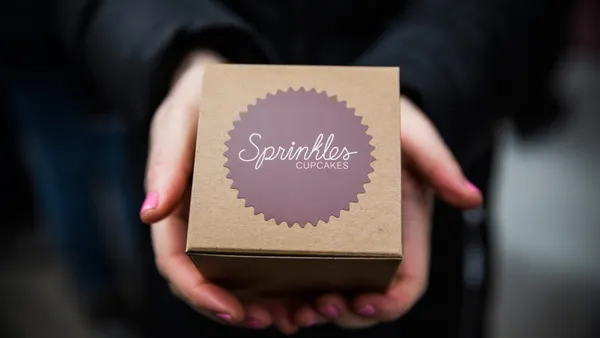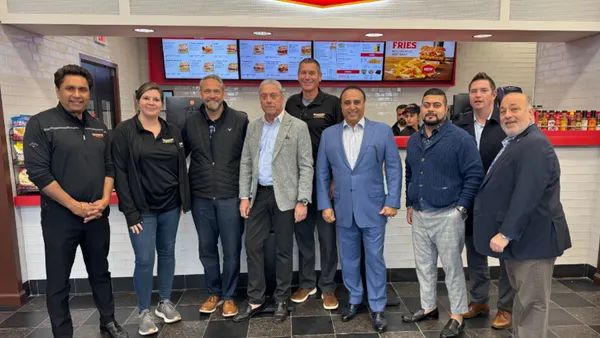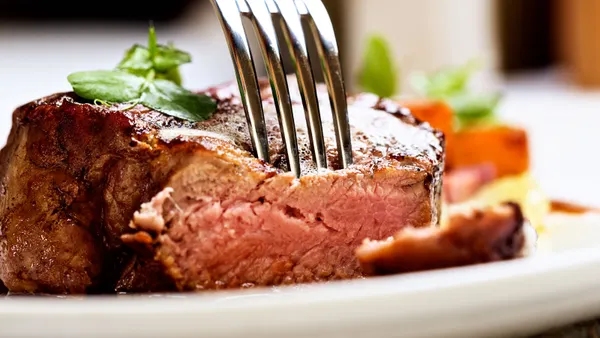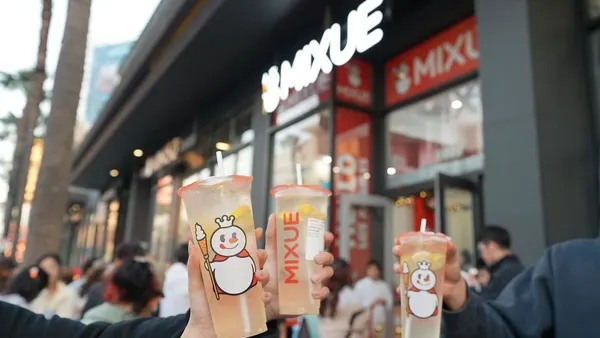Dive Brief:
- Rubio’s Restaurants, which has 170 units in California, Nevada and Arizona, filed a prepackaged Chapter 11 bankruptcy protection on Monday as part of an agreement it reached with its sponsor Mill Road Capital and its lenders, with funds managed by Golub Capital Markets, according to a press release.
- The company will maintain daily operations at more than 150 restaurants in California, Arizona and Nevada. The company will obtain debtor-in-possession financing from Golub and an additional investment from Mill Road Capital. The company lists it has liabilities of $100 million to $500 million in its court filings.
- Rubio’s is among the latest chains to declare bankruptcy, including Ruby Tuesday, Sizzler USA, Le Pain Quotidien U.S., California Pizza Kitchen and CEC Entertainment. During the pandemic, Rubio's closed 26 units, which included all units in Colorado and Florida, and received $10 million in Paycheck Protection Program funding.
Dive Insight:
While most of the bankruptcy filings this year have come from casual chains, Rubio's petition will make it one of the largest fast casual chains to take this route. During the pandemic, the fast casual segment has more easily transitioned to off-premise offerings and were more optimistic about the post-pandemic future.
For Rubio's, the coronavirus outbreak hit as the Mexican chain was emerging from a turnaround plan that brought the company back into positive same-store sales territory in 2019 after two years of breaking even or declining sales, Melissa, Kibler, its chief restructuring officer, said in a motion.
Rubio's initiated the strategy in 2018 to try and meet the changing demands for off-premise and growth in online ordering, Kibler said. Rubio’s relaunched its website, provided online ordering and a branded delivery platform, expanded its services through partnerships with third-party online ordering and delivery partners, and launched an app-based loyalty program, Kibler said. Prior to the coronavirus, the company also attempted to sell itself given its improved financials, but the pandemic suspended the process, as well as its growth trajectory, Kibler said.
But like many other restaurant chains, the pandemic stopped the company in its tracks.
“Management could not have predicted the scope, scale and impact of the government-ordered shutdowns, which effectively altered the viability of the Debtors’ business model overnight,” Kibler said in the motion. “Given that on-premises dining had traditionally accounted for approximately 47% of the Debtors’ sales, the shutdowns delivered a sudden and significant blow to the Debtors’ liquidity position.”
Rubio’s tried to improve its position by temporarily closing 85 locations where off-premise was not feasible, reducing pay by up to 30% at its corporate restaurant support center, furloughed about 45% of its restaurant support center staff and field management, as well as 1,400 restaurant employees, and sought concessions from landlords, according to the motion.
The company also added family meal kits and shifted to takeout, curbside pickup and offered free delivery, Rubio's co-founder Ralph Rubio said in a press release.
But these efforts, along with its PPP loan, were not enough to keep the business stable. Rubio’s received notice of default from its lenders in June and has been negotiating repaying debt with several lenders since then, Kibler said. Rubio’s agreed to a prepackaged restructuring agreement with its major stakeholders, including Mill Road Capital, which bought the chain in 2010, making it private. The company has about $82.3 million in outstanding funded debt obligations, according to the motion.


